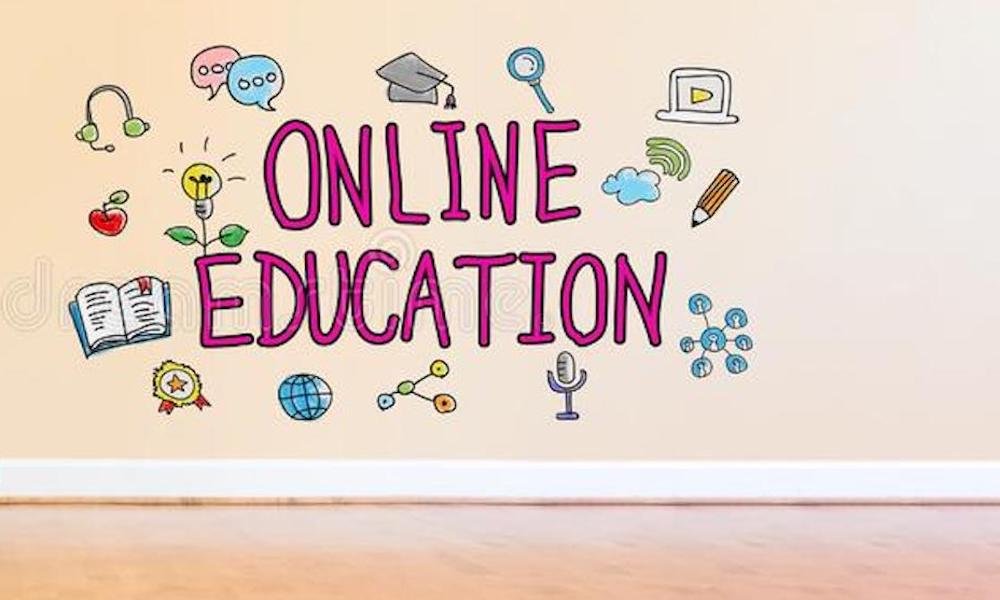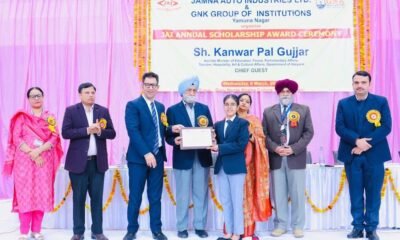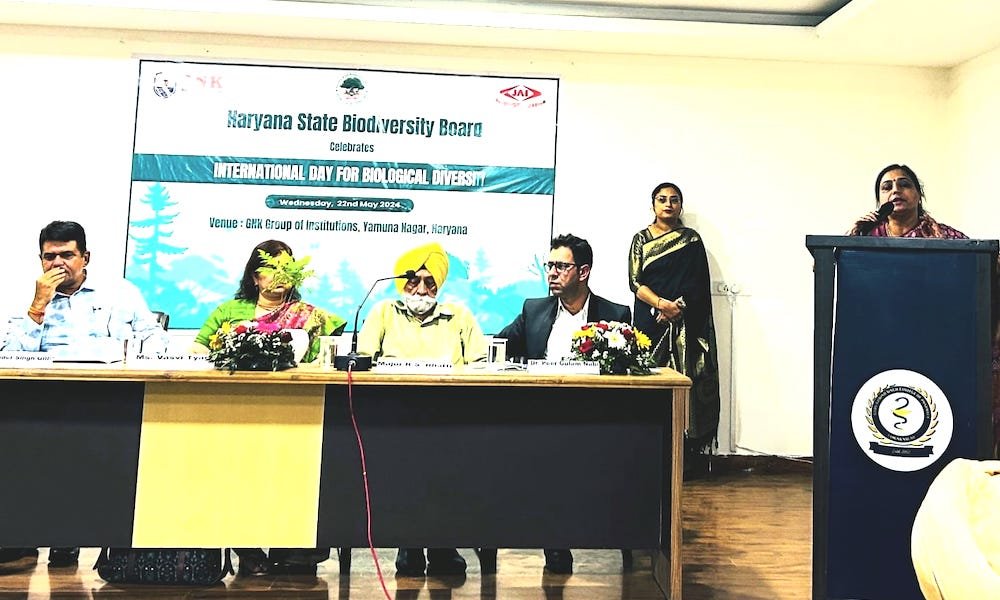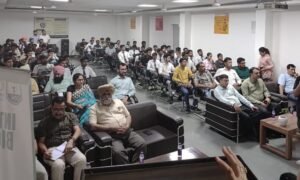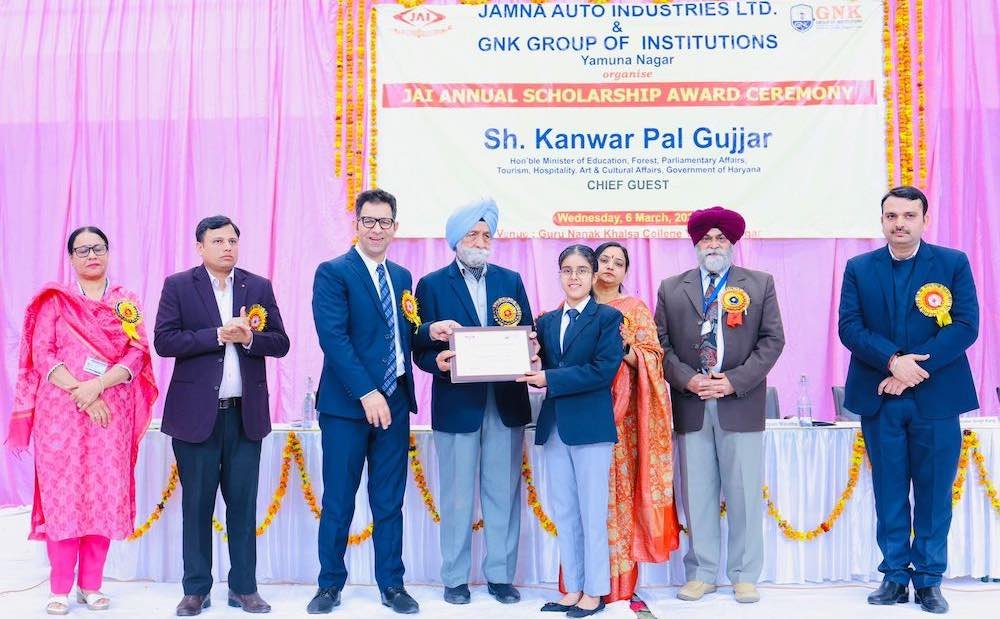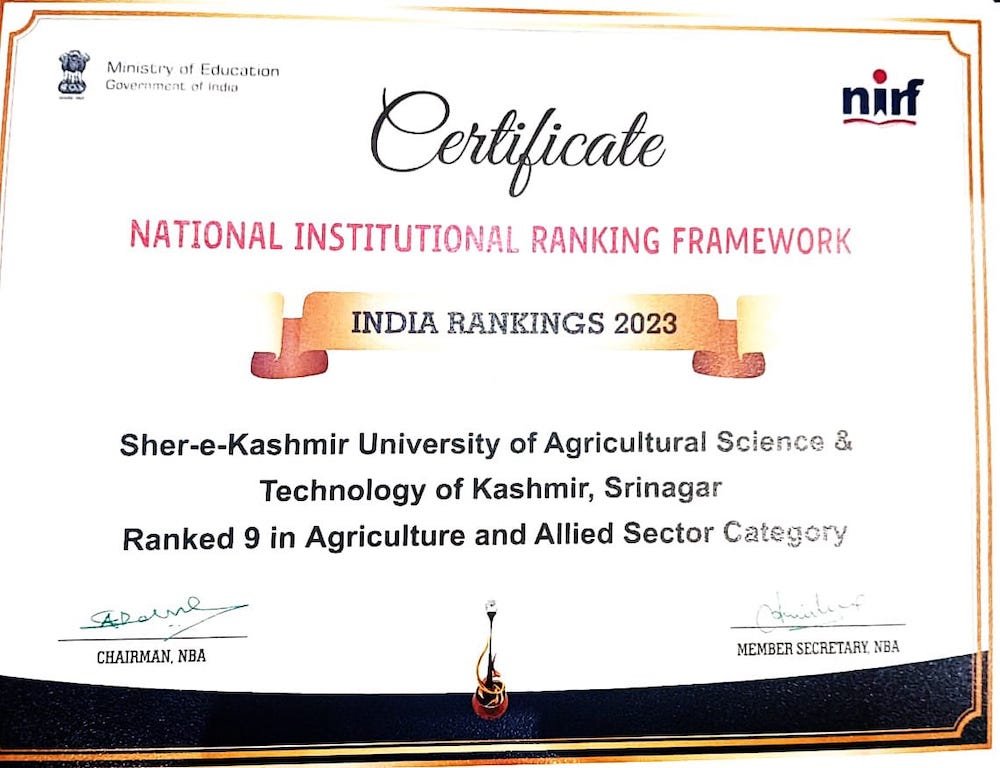Aina Bhat
Online education has gained immense popularity among working professionals and students pursuing higher education. These categories of online learners find immense benefit in the autonomy and flexibility that these courses offer. Online courses can be planned around their schedule which may include full-time employment, internships and caring for the family. Online learning can also help them take out some time to study.
Distance learning has been around for a long time, even before technology made it easily accessible. Traditional schooling is now seeing an increased proliferation of virtual training materials and online courses. Even in a world of tried and tested schooling systems and curricula, the most successful schools are the ones who adapt to the changing times, as well as to the expectations of students, parents and society.
Online courses call for a greater amount of motivation and self-discipline than a classroom-based course. A classroom has one or more instructors and peers, who can hold a student accountable for their coursework. In contrast, online courses involve setting our own goals, tracking progress and meeting deadlines. One does not learn effectively in isolation so online courses do offer discussion forums, email and one-on-one support. Technology also adds to the visual experience by incorporating animations that can be used interactively for effective learning and communication.
Classroom advantage on student community
A school provides structure, support, and a system of rewards and penalties to groom its students. Traditional classroom education offers the benefit of face-to-face interactions with peers which are typically moderated by a teacher. It provides children, especially those in their early developmental years, with a stable environment for social interactions, helping them develop skills like boundary setting, empathy and cooperation. It also allows plenty of room for spontaneity, unlike a virtual learning setup.
Online education impact on student community
Online learning can help the student community pursue highly individualized learning programmes, possibly even college-level courses. These, combined with hands-on exercises, real-world exploration, and thorough assessments, can be highly beneficial to their learning progress. They can explore their options by trying out introductory topics from different fields, before committing to a specialization. Online learning platforms can help these students become more independent learners before they make their way into college. I believe that we must not hold back students from pursuing an online course but instead provide them guidance as they navigate through it.
Mobile apps that provide enhanced learning opportunities for school children have become quite popular as of late. Since mobile phones have already found their way into their hands, these apps are being used to supplement classroom learning. Teachers and parents need to act as anchors and mentors, curating the kind of educational content students are exposed to, during this tricky phase of exploring the right career to pursue.
Online learning programmes will also open up opportunities for children from the weaker socio-economic communities who have limited access to learning resources i.e., teachers, textbooks and infrastructure. It will connect them to a global network of online learners, exposing them to new perspectives. The ideas that they receive will not be limited by the number of heads in one classroom.
Online education for student fraternity
Online training programmes are helping teachers/educators advance their skills in the curriculum implementation, policy, education systems and leadership, both independently and with the support of their institutions. It lets them collaborate with their peers and learn new instructional skills that are relevant to their career. These programmes can help them develop new skills and capabilities in their students with the help of technology and interdisciplinary approaches.
Learning online as effective model for Student fraternity
For those who do have access to the right technology, research shows that learning online can be more effective in a number of ways. On average, students retain 25-60% more material when learning online compared to only 8-10% in a classroom, according to the research. “This is mostly due to the students being able to learn faster online; e-learning requires 40-60% less time to learn than in a traditional classroom setting because students can learn at their own pace, going back and re-reading, skipping, or accelerating through concepts as they choose,” it says.
The effectiveness of online learning varies amongst age groups. The consensus on children, especially younger ones, is that a structured environment is required because kids are more easily distracted. To get the full benefit of online learning, there needs to be a concerted effort to provide this structure and go beyond replicating a physical class/lecture through video capabilities, instead, using a range of collaboration tools and engagement methods that promote inclusion, personalization and intelligence.
Advantages of Online learning to the student fraternity
1. Efficiency
Online learning offers teachers an efficient way to deliver lessons to students. Online learning has a number of tools such as videos, PDFs, podcasts, and teachers can use all these tools as part of their lesson plans. By extending the lesson plan beyond traditional textbooks to include online resources, teachers can become more efficient educators.
2. Accessibility of Time And Place
Another advantage of online education is that it allows students to attend classes from any location of their choice. It also allows schools to reach out to a more extensive network of students, instead of being restricted by geographical boundaries. Additionally, online lectures can be recorded, archived, and shared for future reference. This allows students to access the learning material at a time of their comfort. Thus, online learning offers students the accessibility of time and place in education.
3. Affordability
Another advantage of online learning is reduced financial costs. Online education is far more affordable as compared to physical learning. This is because online learning eliminates the cost points of student transportation, student meals, and most importantly, real estate. Additionally, all the course or study materials are available online, thus creating a paperless learning environment that is more affordable, while also being beneficial to the environment.
4. Improved Student Attendance
Since online classes can be taken from home or location of choice, there are fewer chances of students missing out on lessons.
5. Suits a Variety of Learning Styles
Every student has a different learning journey and a different learning style. Some students are visual learners, while some students prefer to learn through audio. Similarly, some students thrive in the classroom, and other students are solo learners who get distracted by large groups.
The online learning system, with its range of options and resources, can be personalized in many ways. It is the best way to create a perfect learning environment suited to the needs of each student.
The author is a PhD scholar at the College of Temperate Sericulture, SKUAST-Kashmir



 Industry4 years ago
Industry4 years ago


 Economy2 years ago
Economy2 years ago
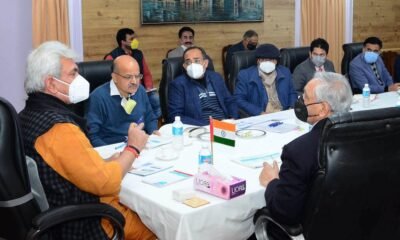

 Energy4 years ago
Energy4 years ago


 Infra4 years ago
Infra4 years ago
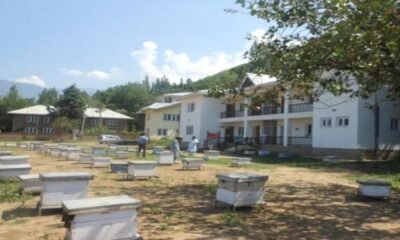

 AgriBiz4 years ago
AgriBiz4 years ago


 Jobs4 years ago
Jobs4 years ago
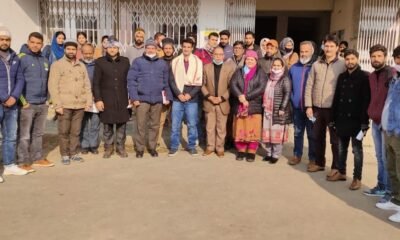

 Careers4 years ago
Careers4 years ago


 Industry4 years ago
Industry4 years ago
